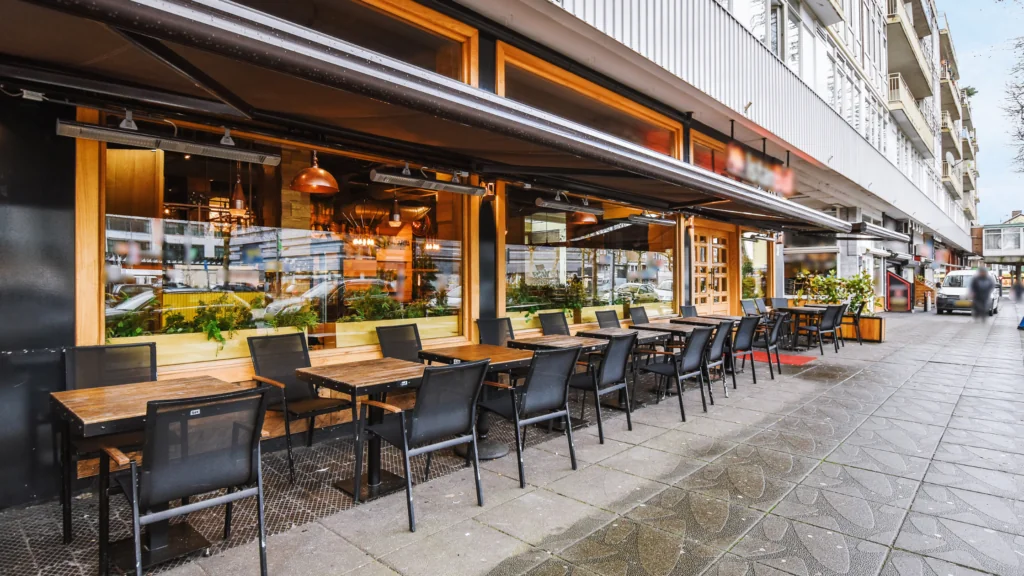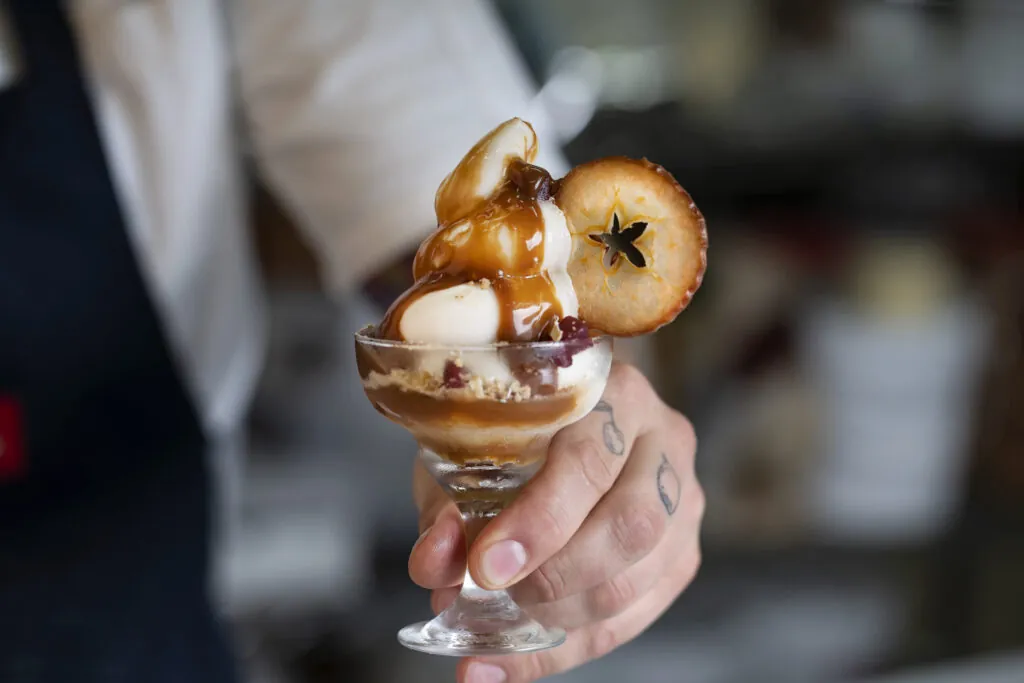If you’re a restaurateur or bar and nightclub owner, you may already know all the benefits of a 4/4/5 or 13 x 4 week period calendar for financial reporting purposes. If not, you can check out our article titled Is A 4-week Reporting Cycle Ideal For Your Restaurant or Bar to learn how a 52/53-week
You shouldn't run personal expenses through your restaurant for multiple reasons, but here are the top 5:

















